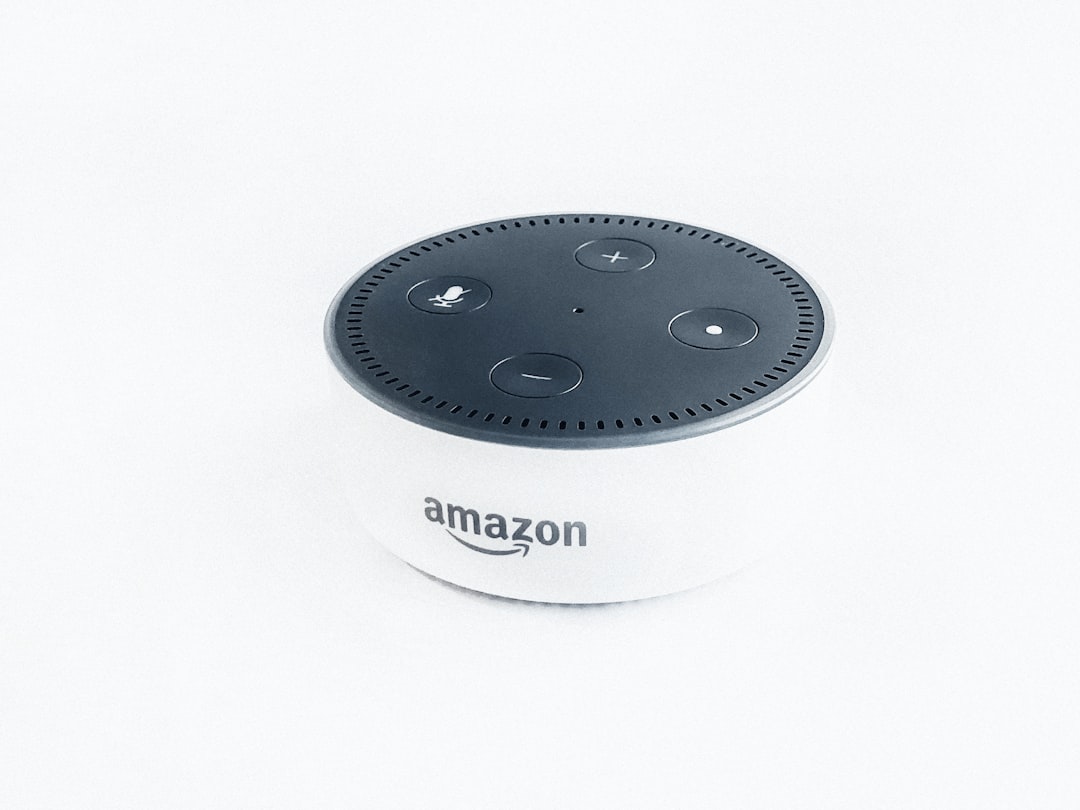Making stuff in China
While drinking my Sunday morning coffee I read an article in the Guardian with the title Underpaid and exhausted: the human cost of your Kindle.
One thing that struck me is that the while the richest man in the world, Jeff Bezos, is worth an estimated £102 billion, there are people making Amazon products for £1.69 an hour. Why are poor people being exploited both directly (workers in Amazon warehouses and delivery drivers) and indirectly (people working for companies like Foxconn)? Is it fair to blame Jeff Bezos? Or maybe it is really just a symptom of late stage capitalism.
It reminds me of a paragraph in Jay Rayner's book “A Greedy Man in a Hungry World” that has been bothering me for a while, because I disagree with it but couldn't exactly say why:
China does one thing really well: making stuff. America does a different thing really well: growing corn and soya beans. So they trade. This is called utilizing comparative advantage.
If China's comparative advantage is just being able to pay people peanuts and companies getting away with not following labour laws, does it really make them better at making stuff?
What would it look like if e-book readers were made in an open source, decentralized fashion instead of in one factory in China? What would it look like if voice assistants were made in the same town were they are being used, sold directly instead of paying the Amazon tax?
